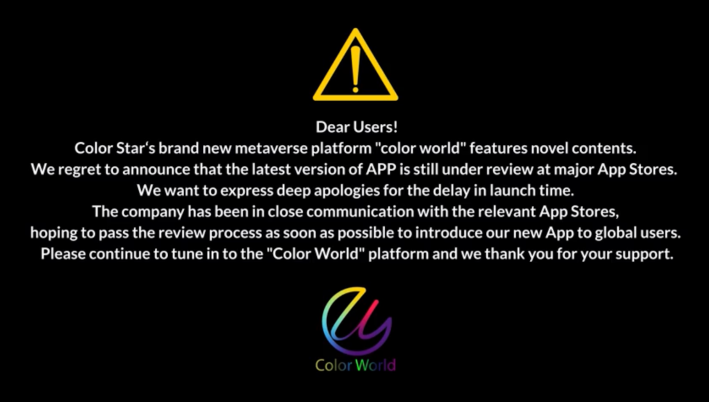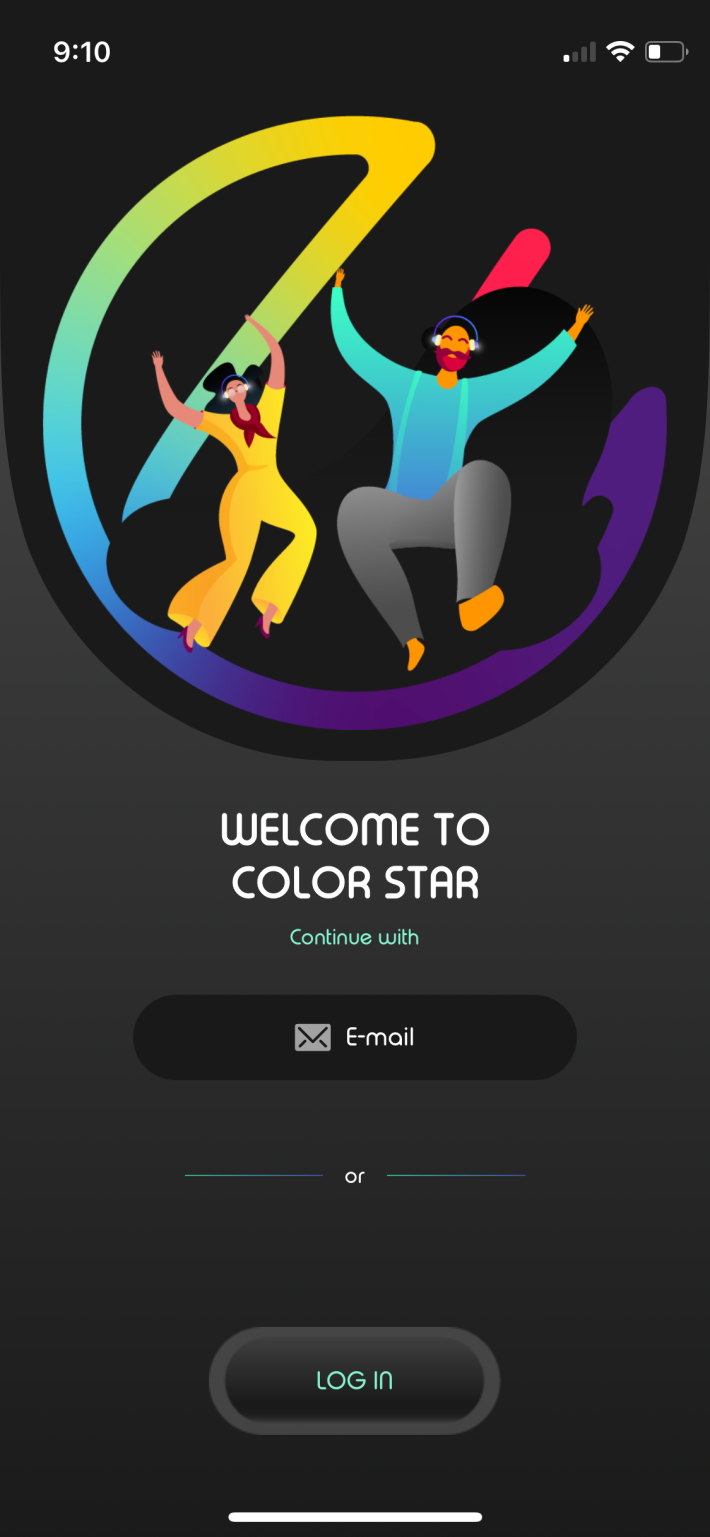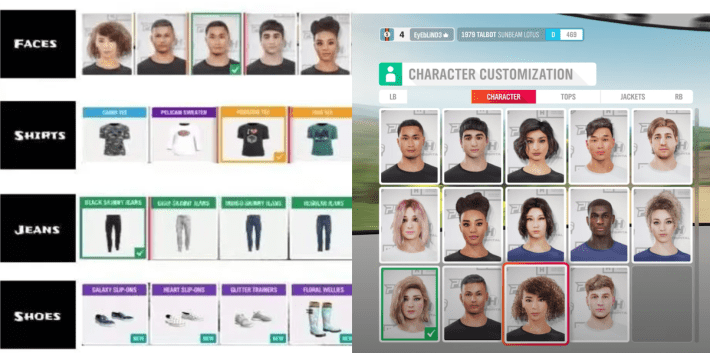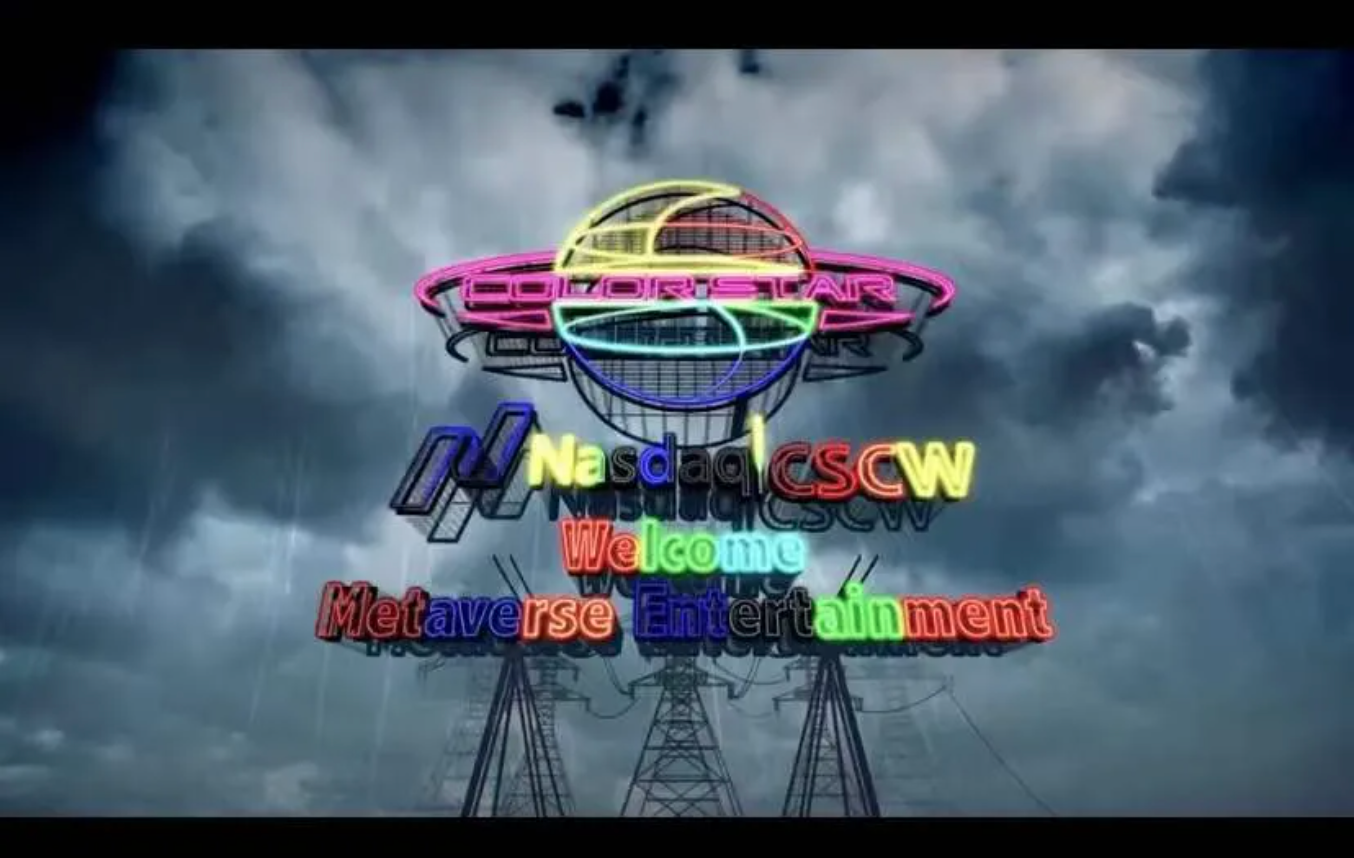It's starting to look like the 76ers saved themselves from another round of acute embarrassment when they terminated their partnership with Color Star, the Cayman Islands–registered, extremely Nasdaq-listed company that recently cast off its legacy ready-mix concrete business in order to launch a sophisticated digital metaverse. The 76ers terminated the partnership on Jan. 14, citing an unspecified "breach of contract," soon after Color Star boasted in one of its advertorials that its metaverse would feature the likenesses of 76ers players, and roughly 72 hours before elusive Color Star CEO Lucas Capetian threatened to sue Defector if we did not apologize for doing blogs about his company and its relationship with the NBA team.
According to a partnership proposal document prepared by the Sixers and recently obtained by Defector, the Sixers were ready to "encourage 76ers fans to download and engage with" Color Star's Color World app in a variety of ways. As outlined in the document, Color Star was to receive unspecified IP rights, regular spots on the Sixers' flagship radio station, a couple "premium suite experiences" per year, in-arena signage at every home game during the regular season, status as the presenting sponsor of the team's birthday posts on social media, and possible access to Sixers legends Julius Erving and Allen Iverson, who would each film an exclusive "twenty minute, deep-dive interview on all things life, culture, and basketball" meant to promote Color World app downloads. The deal would have spanned the second half of this regular season and the next two seasons.
Paul Sickmon, president of a sports marketing agency specializing in sponsorship negotiations, agreed to review the details of the Sixers' partnership proposal document for Defector. He warned that the vague "IP rights" section could swing the value of Color Star's deal dramatically depending on the specifics, and that these sponsorships are only worth whatever companies will pay for them. But based on the other elements of the proposal, and a Sixers spokesperson's initial description of the deal as "middle-of-the-road," Sickmon said he wouldn't be surprised if Color Star had agreed to pay the Sixers an annual sum in the low six figures, something like $150,000 to $250,000 a year.
It's funny to imagine what thousands of Sixers fans might have found upon listening to their favorite team and downloading Color Star's app. At the moment of the partnership's untimely demise, Color Star was advertising a January 28 launch of its metaverse via the Color World app. If you dare to download and open the Color World app today, as several Defector staffers have done a combined one jillion times since Friday morning, you will note that there appears to be no metaverse. What you will find is a familiar autoplay video from earlier in Color Star's bizarre launch cycle, but this time with an apology appended in the final seconds:

Oh no! It appears the "novel contents" of Color Star's metaverse have triggered a review by the gatekeepers at the two major app stores. Or, anyway, that is the most recent explanation: The "deep apologies" message was first posted to the company's Instagram account Sunday, and seems to contradict a message posted to Color World overnight following Friday's non-launch, which said the app was "in testing phase for better user experience," and that Color Star's team was "working on it." It's not clear how tight the communication is between Color Star's vaunted in-house tech team and whoever is running their communications nowadays. (Color Star and Skyline Corporate Communications severed their business partnership soon after Skyline PR director and Color Star's then–Director of Communications Douglas Menelly spoke with Defector toward the end of December and then threatened to pray for us.)
Whatever the case, the company fired off a press release Friday morning prematurely announcing the successful launch of Color World: "After the company's continuous testing and running-in, the basic version of the entertainment metaverse has met with global users today," says Capetian in the release, hyping his app's "social networking, business talks, shopping malls, star classrooms and other functions." Capetian went on to boast that "all users can use these functions for free at present," which they most certainly cannot.
The imperiled app launch did not prevent Color Star's corporate vice president Michael Leung—a heretofore undiscovered character in the Color Star Extended Universe—from hyping up the company in a Zoom panel he spoke on the day before the launch. The panel, titled "Creating NFTs," was presented by Maxim Group, a New York–based investment firm. "Getting excited, huh?" Leung asked the rest of the panel after he had finished screen-sharing one of Color Star's signature baffling, bombastic promotional videos. Leung seemed an odd fit on the 80-minute panel; where the other two panelists fielded the moderator's more general questions about cryptocurrency exchange platforms and the intellectual property implications of NFTs, Leung only ever piped up to steer the conversation back to Color Star's metaverse launch and the company's relationships with celebrities. Asked by email how the investment firm had become acquainted with Leung and Color Star in the first place, the panel's moderator, an analyst at Maxim Group, told Defector, "I don't actually know. Sorry." He didn't respond to further questions.
Confused and desperate as ever for answers, we sent a message asking about the launch date to Color Star's fairly active Instagram page Friday evening. They replied Tuesday morning to say, "Hello, please stay tuned for details." Multiple messages sent to Capetian, former CEO Basil Wilson, and investor relations director Cassie Zhang in the last two weeks have gone unanswered.
Interestingly, Color Star did appear to launch something Friday morning. At around 9 a.m., for a period of about 20 minutes, Color World's latest autoplaying video was replaced by a login page, which led to a series of menus inviting the user to input their name, email and gender, and to customize an avatar. But the "submit" button on the avatar selection menu only led back to the autoplay video.

For perspective on app development, Defector spoke Monday to a tech person who in 2016 published and then for a period of years operated an app made available through the Apple and Google app stores. As it was explained to us, an app developed and run using the programming language and publishing toolkit provided by, for example, the Apple App Store should have all its major updates subjected to the approval process, and rolled out via the store's update system. This can be circumvented—to the annoyance of those running the show at Apple—with a kind of hybrid approach, where changes are made via "remote code" that "pulls more from the web than from the app code." Essentially, the app exists to point your device at material hosted externally, which can then be changed without changing the code of the app, which would require a formal update.
This approach could explain how Color Star was able to very briefly, and without a downloadable update, launch whatever it was they launched Friday morning, before running into trouble with the stores' app-minders. It's not yet clear where specifically Color World may have run afoul, but as several Defector readers noted earlier this month, screenshots of Color World's player customization menus found in Color Star marketing materials bore a striking resemblance to character customization assets found in the Playground Games video game Forza Horizon 4. Perhaps this was just a mockup for marketing purposes, but the legal section of Apple's guidelines does warn developers to make sure their app "only includes content that you created or that you have a license to use." Of course, the guidelines also insist that apps must "provide some sort of lasting entertainment value or adequate utility," and the Color World app has been pumping out nothing but crazy-making autoplay videos for as long as anyone has been paying attention, so.

The good news is, this shouldn't be too long of a delay: Apple's developer site says 90 percent of all new apps are reviewed within 48 hours. The tech-knower Defector spoke with Monday navigated approval for his app, which mined sensitive user location data to construct sophisticated realtime maps of urban congestion, inside of two days, and data collection and use make up the beefiest and direst-sounding chunk of the legal section of Apple's developer guidelines. The Apple app store indicates that the Color World app does not collect user data, so presumably it should not run into any of the thornier delays. If the approval holdup is a simple matter of user interface and performance, it stands to reason that Color World will be online in a matter of days, if not hours! Unfortunately, Color Star announced via another press release Tuesday morning that it now expects the metaverse to launch "following a technical update" at the end of February.
Don't worry that Color Star has been idle, though. From its latest press release, issued today, we learn that Color Star has "reached a strategic cooperative agreement with The Jade Construction Group, who will become the first international real estate company from Thailand to join the Color World app."






